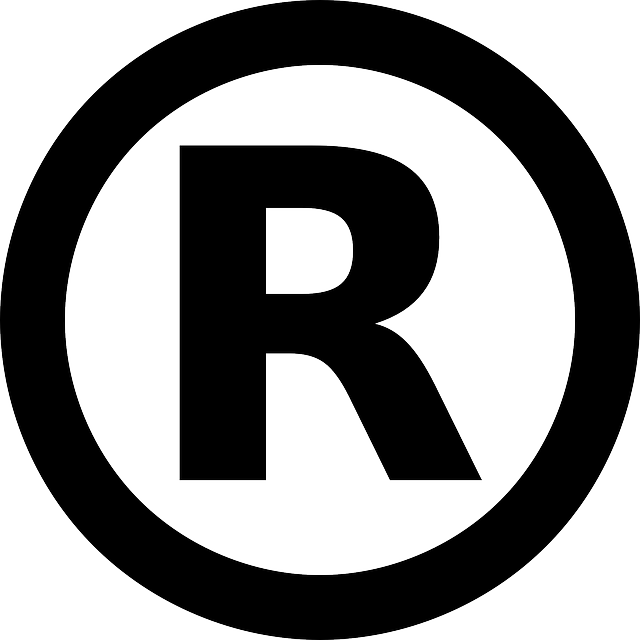This is the second installment in a legal blog series about a lawsuit against Google over competitive keyword marketing. The first installment provided the background information, covering keywords, competitive keyword advertising, and the facts of the case. Here, we discuss the implications of the lawsuit between Edible Arrangements and Google, the likely outcome, and how it could impact the field of online legal advertising.
The lawsuit between Edible Arrangements and Google has the potential to shake up the legal marketing field, and the search engine marketing field, in general.
On the one hand, if Google wins, competitive keyword marketing will explode in popularity and make branded keywords a minefield, rather than a relatively safe and certain way to attract potential clients to your law firm.
On the other hand, if Edible Arrangements wins, it would keep paid advertising out of an entire section of keyword searches and push courts down a slippery slope.
Even if the case gets settled out of court, the implications of the settlement would be significant, as Google would find itself facing an onslaught of other companies looking to capitalize and get a settlement of their own.

The Basics of Edible Arrangements’ Complaint Against Google
In essence, Edible Arrangements is seeking $209 million in damages for Google’s role in allowing Edible Arrangements’ competitors to advertise in the branded Google search for “Edible Arrangements.” By allowing these competitors to pay for ad space through Google’s AdWords program – putting these competitors above Edible Arrangements’ own website on the search engine results page – Edible Arrangements is claiming that Google is infringing on its trademark.
Why a Settlement is Unlikely
One of the big sticking points in this particular lawsuit is the fact that Google really needs to defend itself, rather than settle the case out of court.
First, if Google were to settle, it would immediately see a rash of lawsuits from other companies claiming trademark infringements against Google for allowing competitors to pay for ads in branded searches. From Google’s perspective, settling this $209 million claim would invite billions of dollars in lawsuits, in the future.
Second, though, by successfully defending the suit, Google stands to make millions of dollars when other companies start utilizing competitive keywords marketing to try reaching the clients of their competitors, opening the floodgates of competitive advertising. This is a legal dance that Google wants.
A Win for Google Would Open the Floodgates of Competitive Advertising
If the court does rule for Google, you can count on marketing firms and other companies utilizing competitive keyword advertising, funneling millions of dollars into Google AdWords campaigns to try poaching clients from their competitors. The result would be an arms race in online marketing:
- Company B buys paid advertising for branded searches for Company A,
- Company A responds by buying paid ads for its own branded searches, raising the price of the ads,
- Repeat until one company’s online marketing budget runs out.
The big winner in this scenario? Google, because every dollar spent by each company goes directly to its coffers.
A Win for Edible Arrangements Would Create Trouble for Courts
On the other hand, if Edible Arrangements proves their case, it would create a huge problem for courts as they venture into the world of online marketing.
The obvious impact would be that competitive keyword advertising – that is, buying paid ads for a competitor’s branded searches – would be deemed a trademark infringement. But it would push courts into a tricky position of defining a “branded search.”
For example, Edible Arrangements’ claim is based on the fact that “Edible Arrangements” is trademarked, so searches for “Edible Arrangements” should be exempt from ads by their competitors. But what about searches for:
- Edible Arrangements fruit basket,
- Edible Arrangements flowers,
- Edible Arrangement, or
- Edeble Arrangements.
All of this trouble, of course, would be to protect trademarked words and phrases from dilution and infringement. But how does a paid advertisement – one specifically listed as an ad – that explicitly says it will bring a Google searcher to a different company’s website, constitute dilution or infringement? This seems to be a stretch of the imagination, and one that expands the power of a trademark too far.